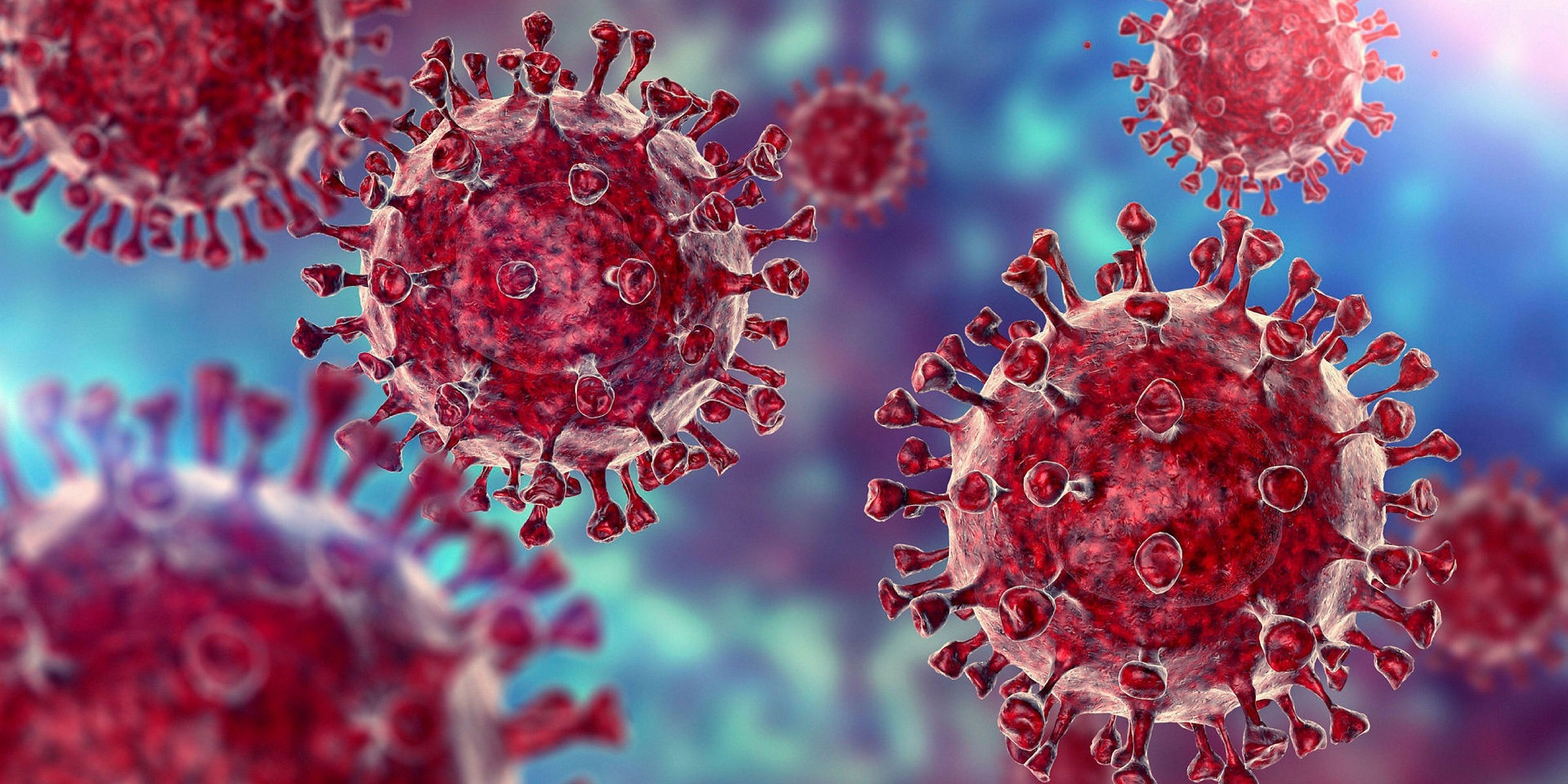Infectious disease experts and virologists have been expressing concerns over a variant of the SARS-CoV-2 virus that was first identified in Botswana, according to NPR.
The strain, termed B.1.1.529, is rapidly outcompeting other variants of the virus in the region of South Africa, including Johannesburg.
B.1.1.529 reportedly has twice as many of the mutations displayed by the highly contagious Delta variant, which was first identified in India. Delta became one of the most dominant variants in most parts of the world over the summer.
However, it is unclear whether the mutations make this new variant more infectious or whether it causes more severe COVID-19 illness.
The virologists said the high number of mutations to the “spike proteins” might make it more able to get past the body’s defenses.
The number of COVID-19 cases in South Africa is still well below the Delta surge earlier this year despite the spread of this variant. However, there is a bit of surge in new cases again.
Meanwhile, health officials in the United Kingdom have been taking precautions of cancelling flights from the six countries in southern Africa. The UK added those countries to the “red list” for travelers.
Scientists from the UK have warned that the new variant has 32 mutations, suggesting that it could be highly transmissible and resistant to vaccines.
The South African National Institute of Infectious Diseases has also confirmed that B.1.1.529 had been found in Botswana, with officials reporting more than 20 cases of the variant so far.
The World Health Organization (WHO) is expected to have an emergency meeting today to discuss the new variant.
If the WHO determines the strain to be of special interest or concern, it is likely to be named “Nu.”























